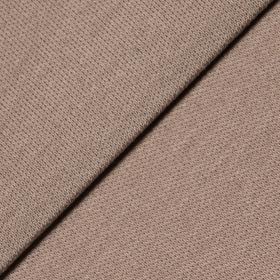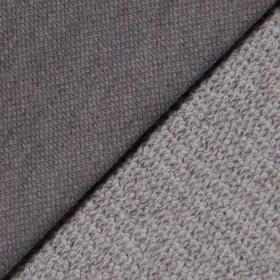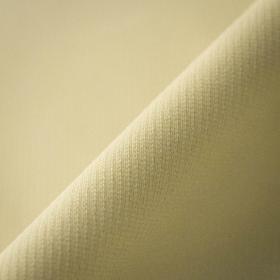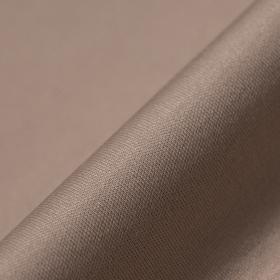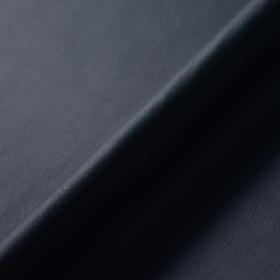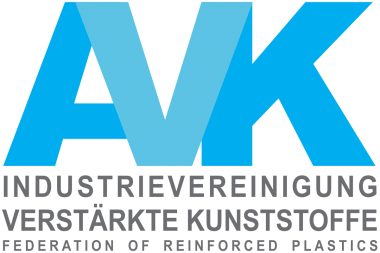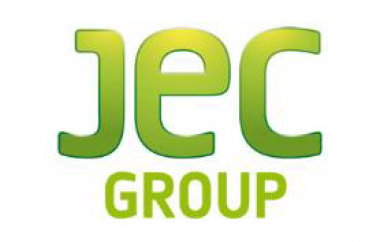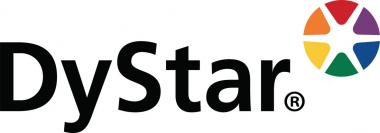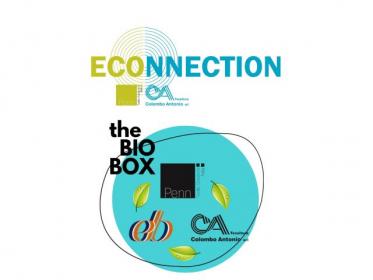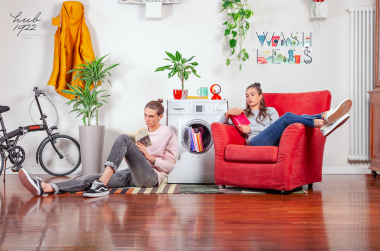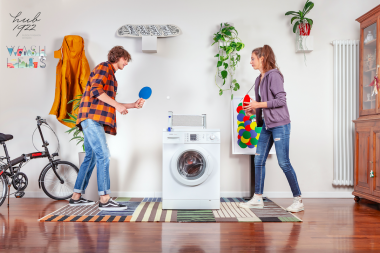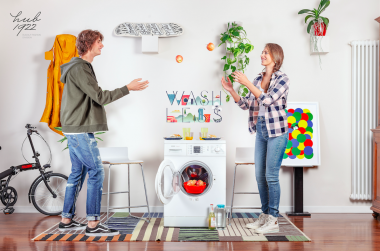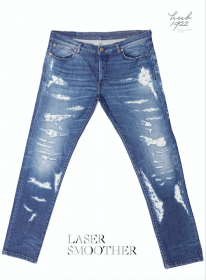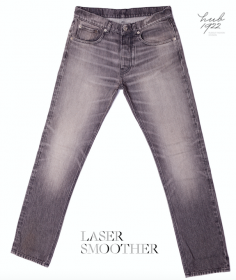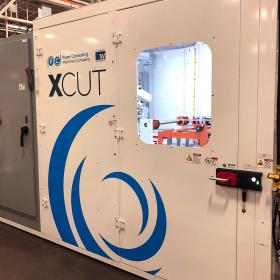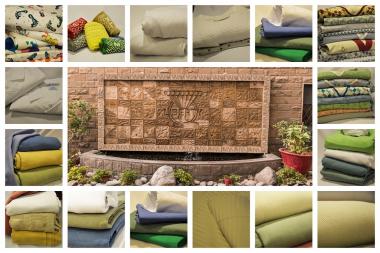For the AW 21/22 TINTEX presents its Raw Collection
- An introspective and emotional journey of transformation
- The global leading jersey manufacturer launches a brand-new collection deliberately “raw”, a back to matter, materials and origins as individuals that are able to change and evolve.
Another big step of TINTEX Naturally Advanced Evolution
TINTEX has over time established itself as a global leader in smart innovation with its high quality, natural based responsible jersey fabrics using the latest and best sustainable high-tech dyeing and finishing processes, implementing expertly controlled processing to drive material innovation and manufacture a full range of natural based smart materials, optimizing superior and responsible fashion solutions.
The new collection confirms the Naturally Advanced Evolution vision as the right approach: to work together in a deeper way - textile producers and fashion brands - to develop solutions, innovations with a strong environment-driven approach and cutting-edge technology able to offer contemporary consumer a brand new smart and performing choice. As result, Raw is a true Naturally Advanced Evolution of the modern human being, explaining a story with no more genders and races, just focused on contemporary values.
The concept behind the AW 21/22 Raw Collection is turning back to nature and to our origins, a journey through emotional, spiritual and physical changes. Thinking about what’s happening around us as planet and individuals in an era of unpredictable challenges, we need to be creative reinventing us every day in different ways, aware of a new society and way of consuming where environment and human needs count. A unique collection with three different approaches to mix together through a colour palette that goes from raw, dirty beige to a warm pinkish red and a false black-bluish gray.
fluidity, human, natural reconnection. An introspective journey where it’s all about ourselves and who we are. Through light and translucent fabrics, touches of peach and waxes in warm reds and burgundy, we find delicate, natural and extra light fabrics that flow on the skin to symbolically represent the inner fight from who we are and who we want to be. Organic cotton and Tencel™ Modal Micro processed in a special way, are at the center of this stage.
raw beauty, reuse, less is more. With this line, the company gives new life to existing articles, showing all the beauty of the raw material and the transformation they went through. This re-transformation of materials reflects the inner transformation; reborn of human beings, of time, of challenges through a new perspective where we reinvent ourselves, home, habits and planet. Our capability, skills to give new life to things it is not something we forgot through time. Organic cotton, Tencel™ Modal Micro, European hemp, Q-Nova® recycled polyamide and ROICA™ EF premium sustainable recycled stretch fiber are the materials boosting th experience.
timeless, versatile utility, urban. In a history of deep blues, with clean and dense touches, we come to acceptance, to a future where we relearn to live with what we already had. Organic cotton, Tencel™ Modal Micro and Texloop™ guarantee timeless performed articles, where the high-performance pairs to sustainable process especially at yarn level.
Freedom for ourselves, comfort, flexibility, movement are the concepts the company explores looking not only to sportswear market, but to all the markets where the most comfortable yet performing and responsible materials - from recycled synthetics to organic cotton - are the “right value choice”.
GB Network






